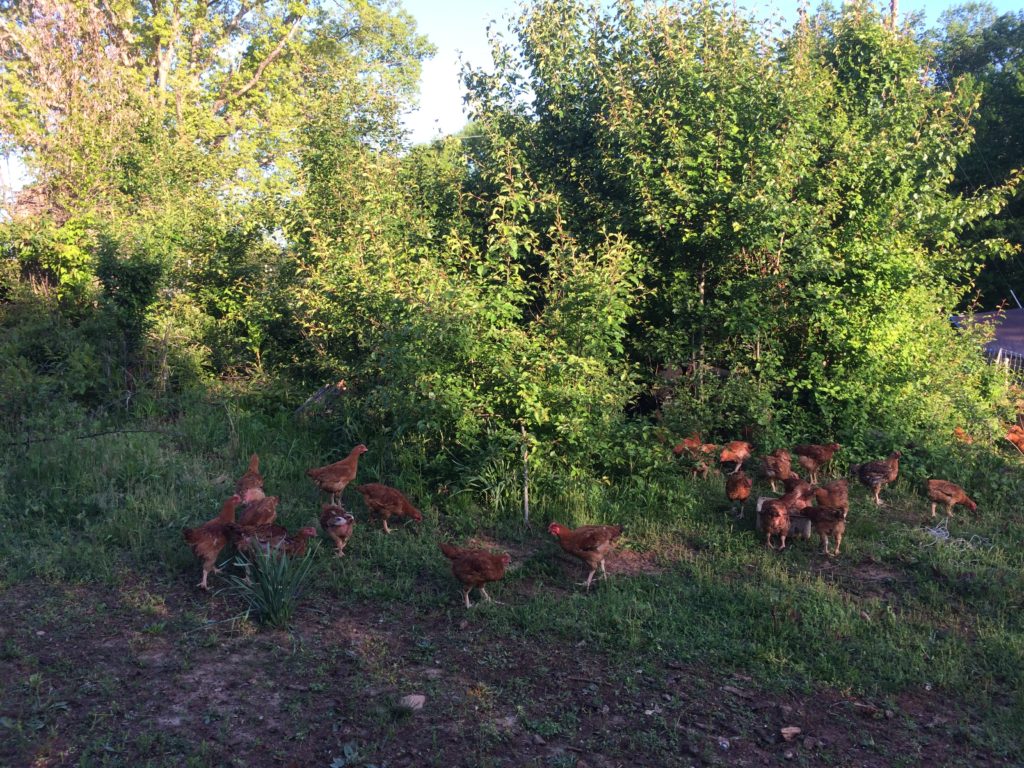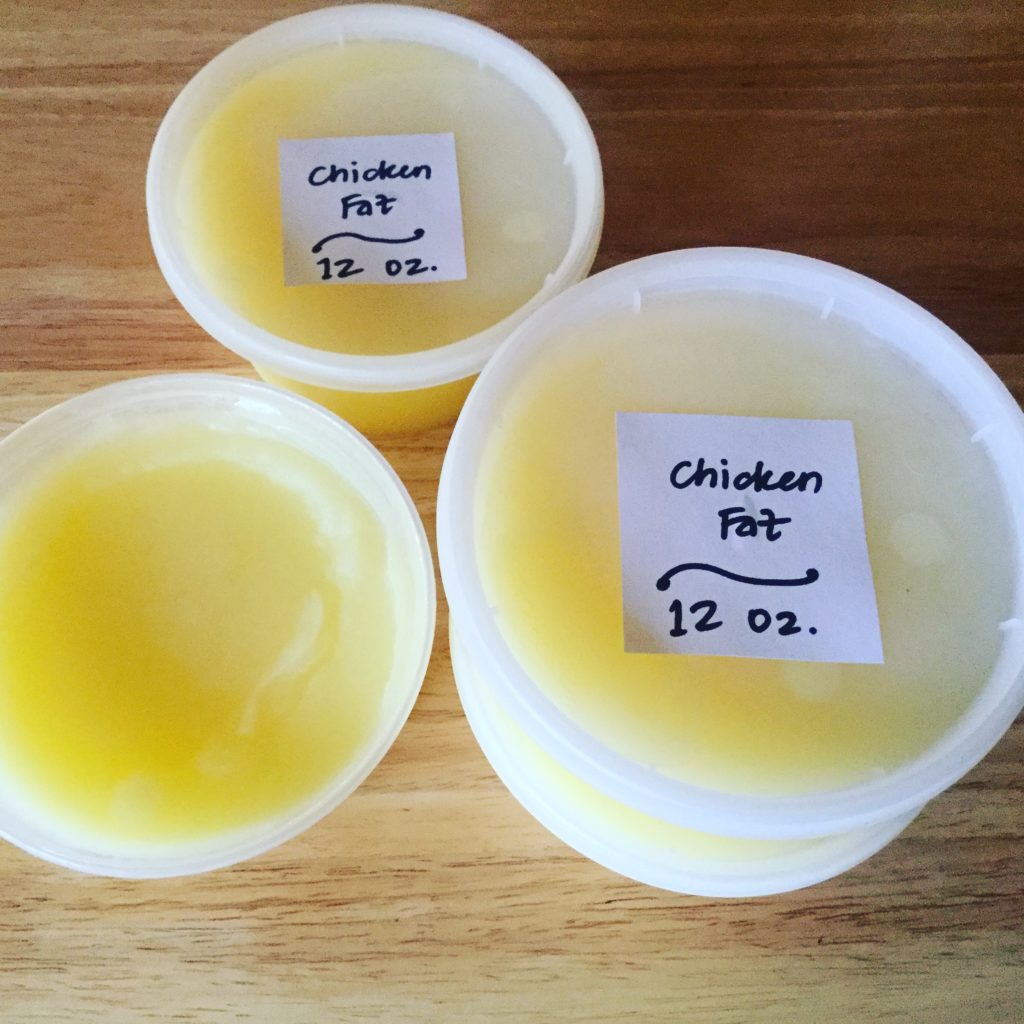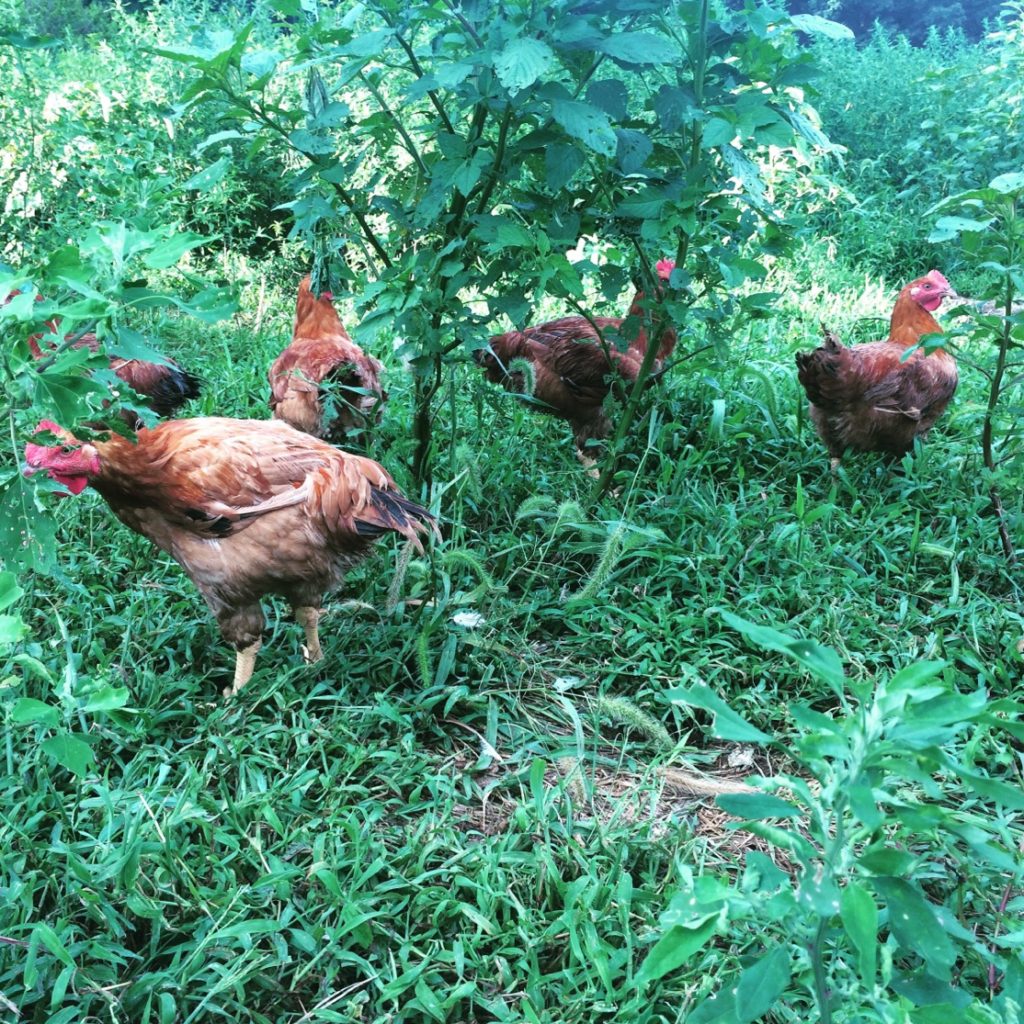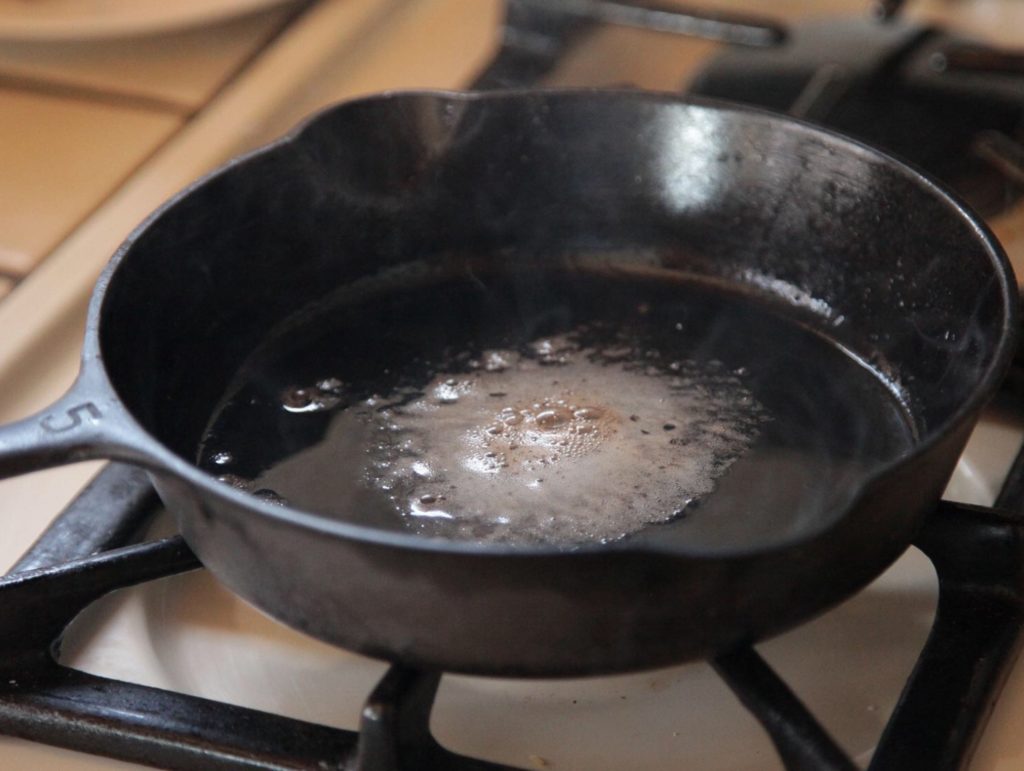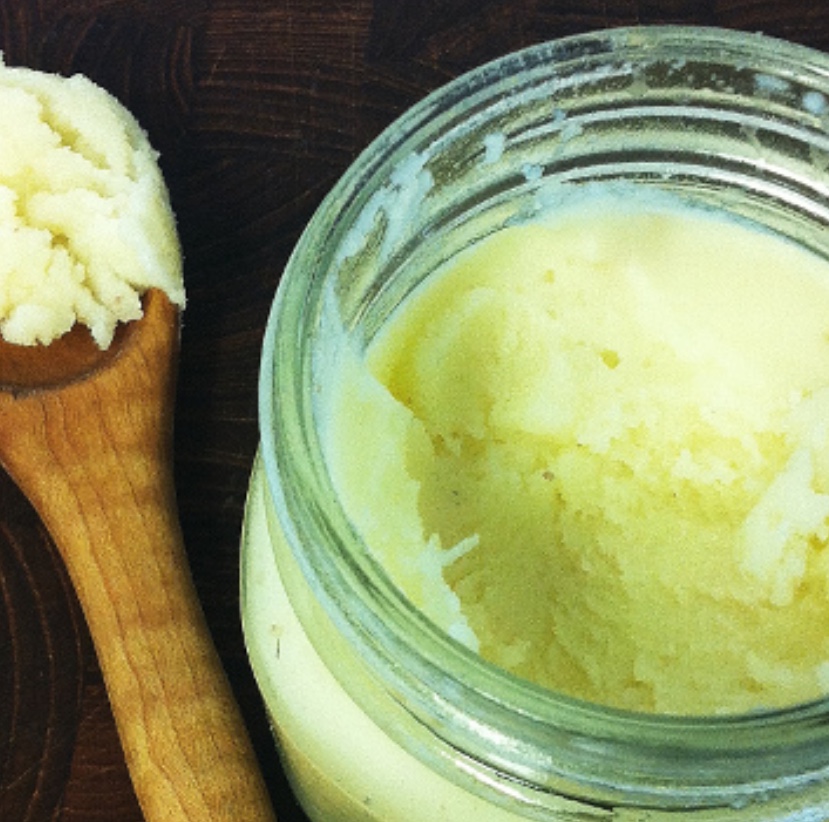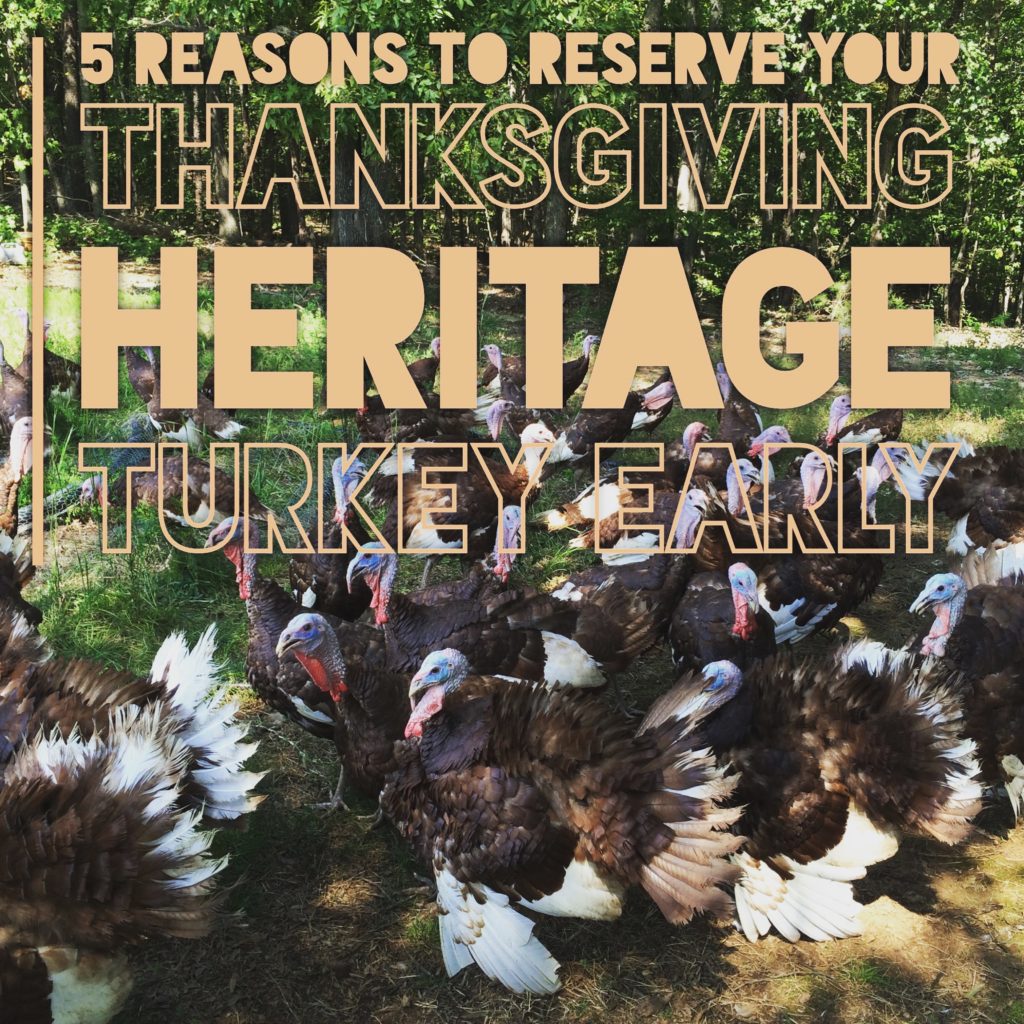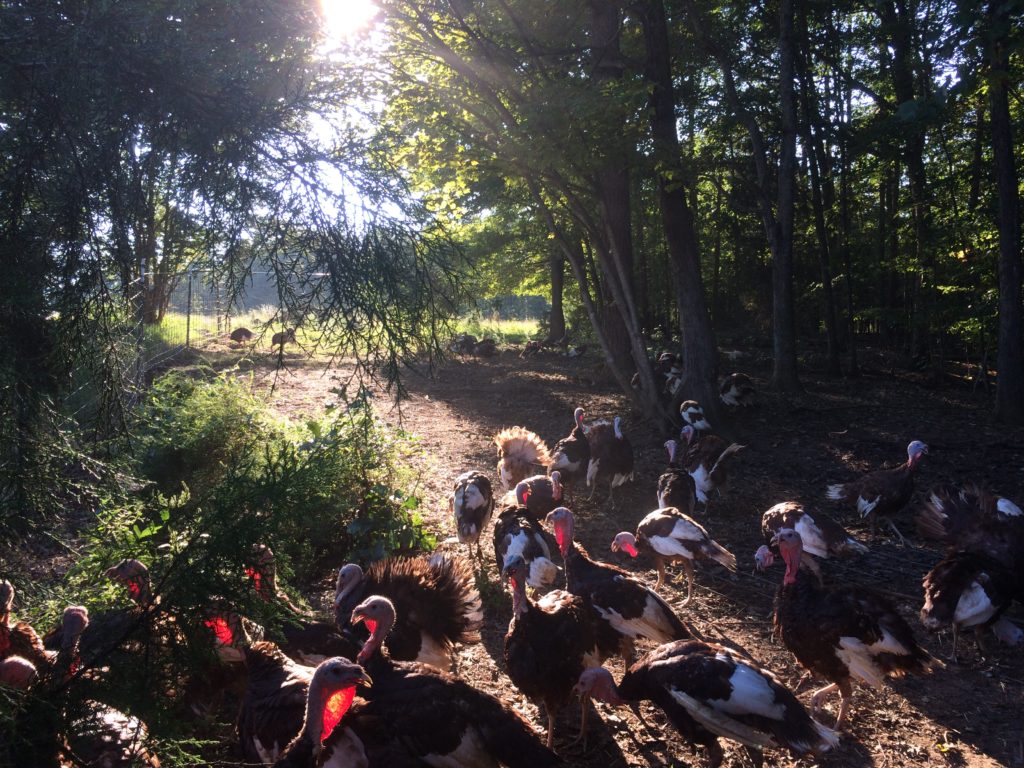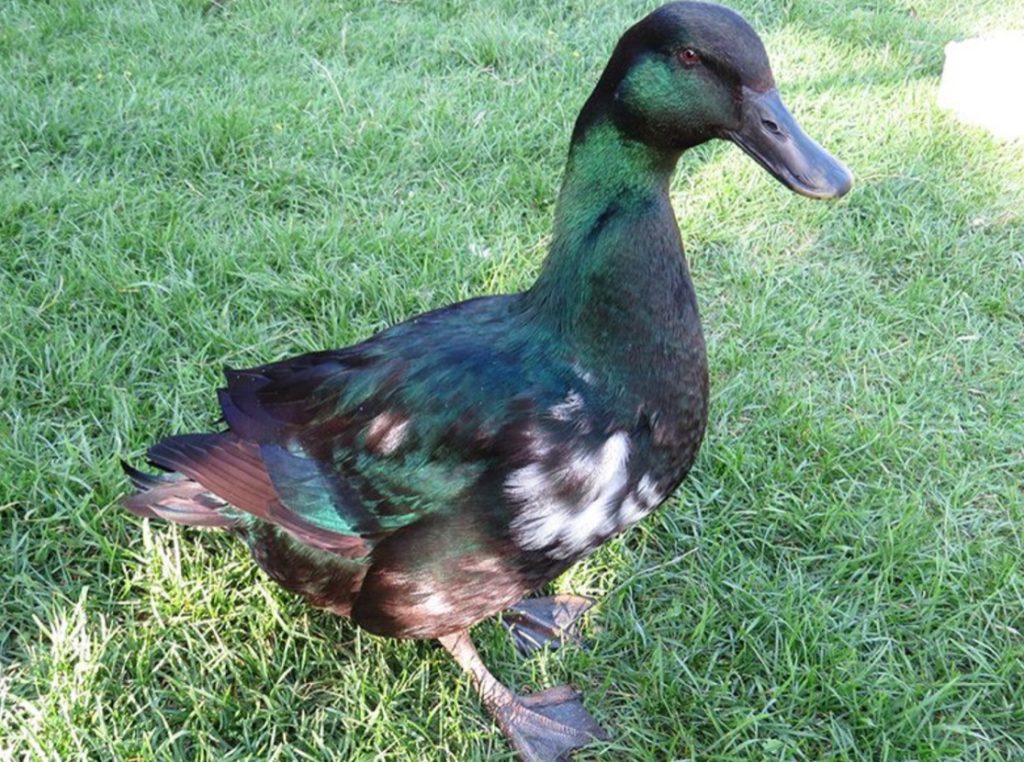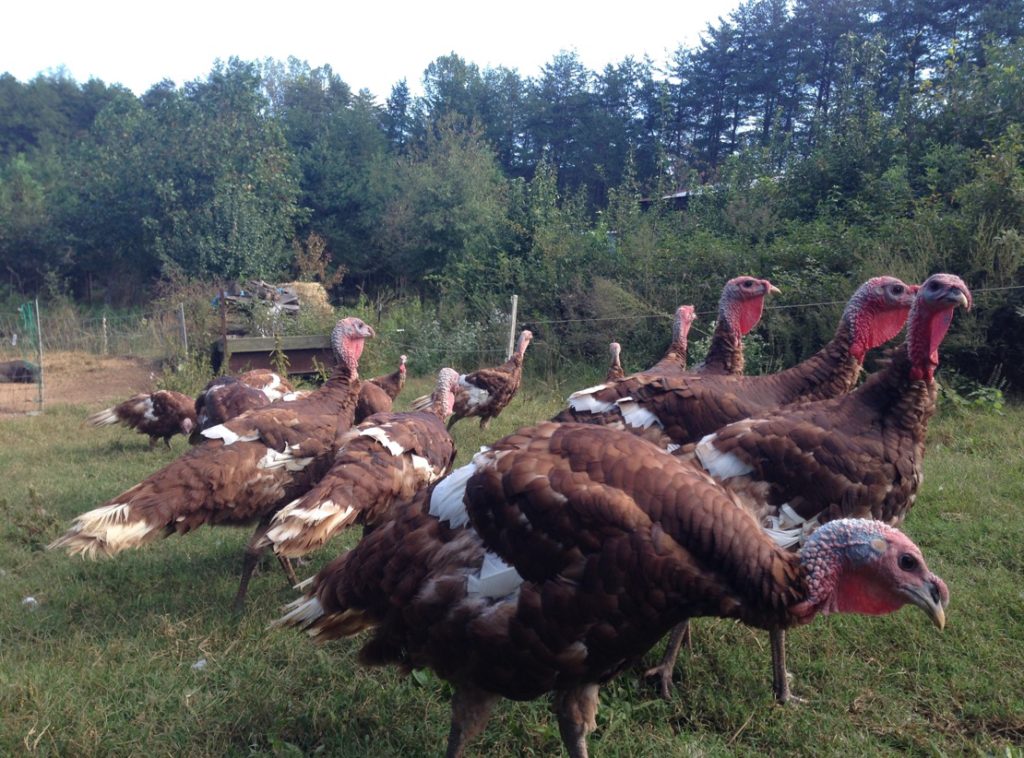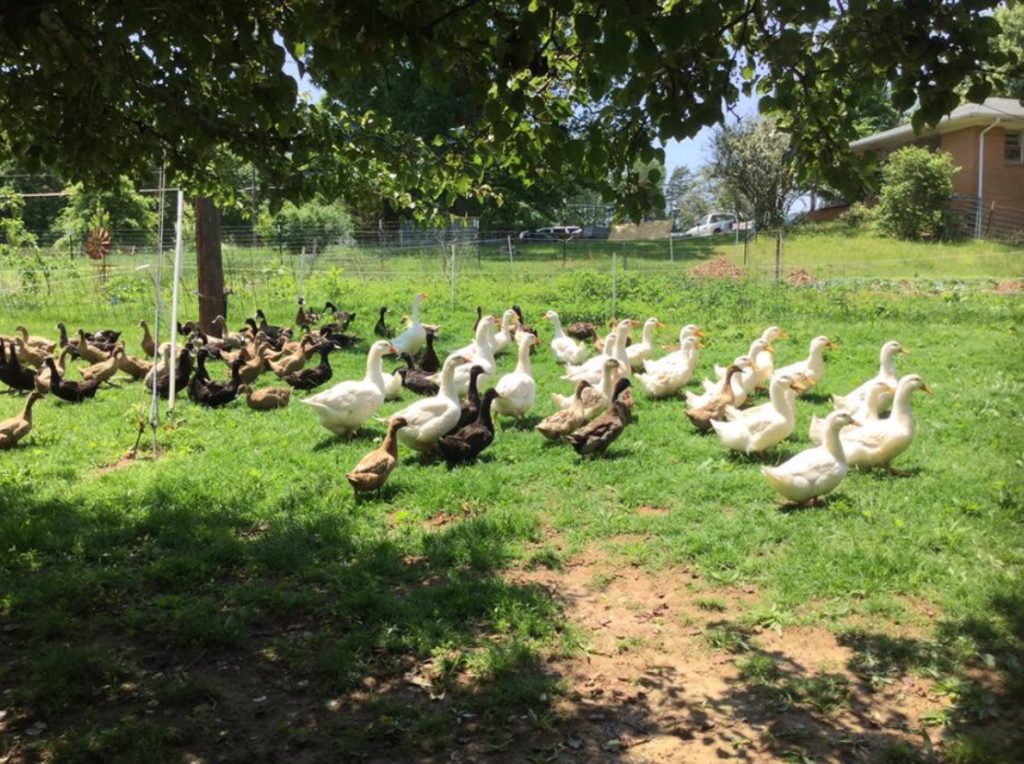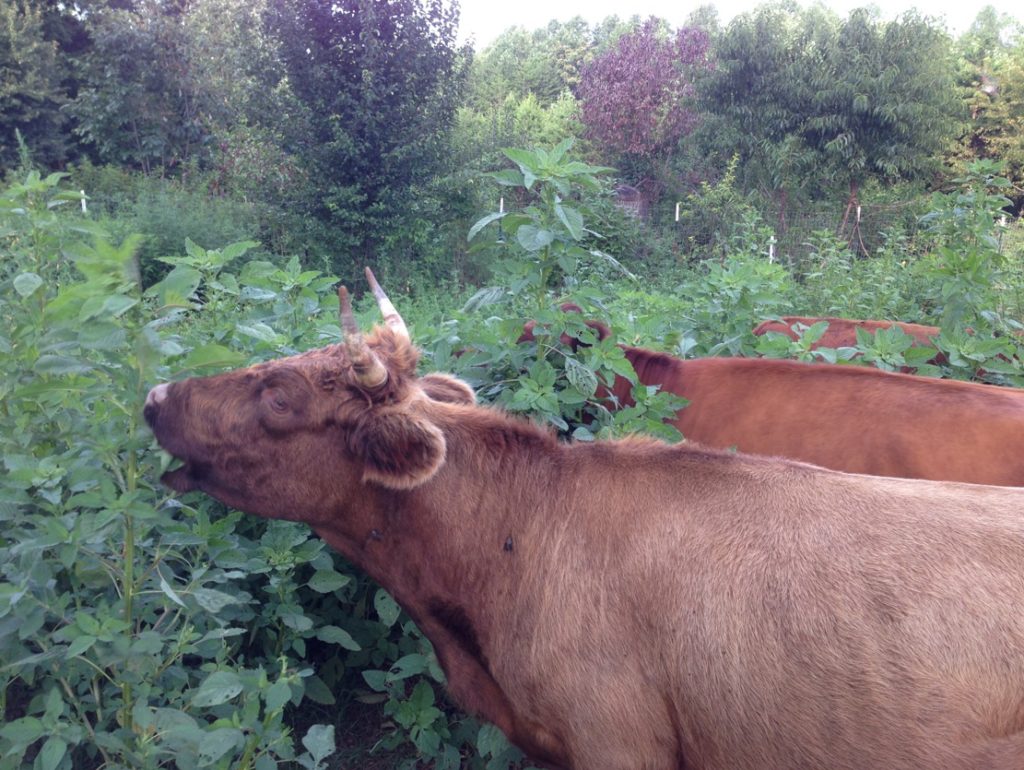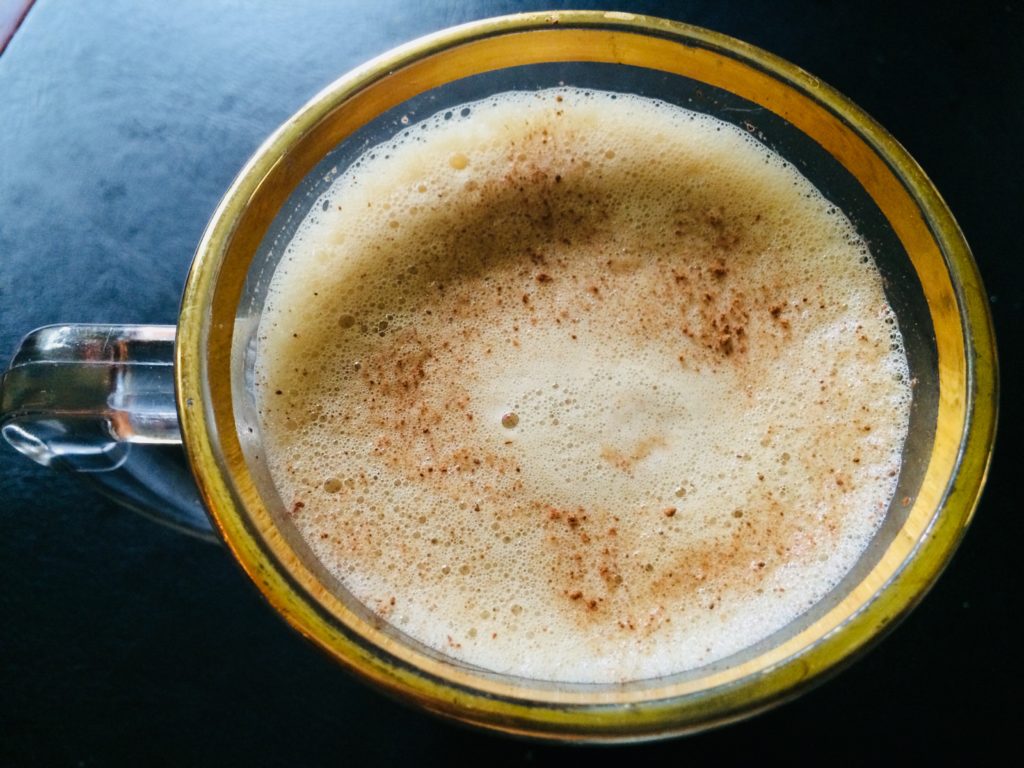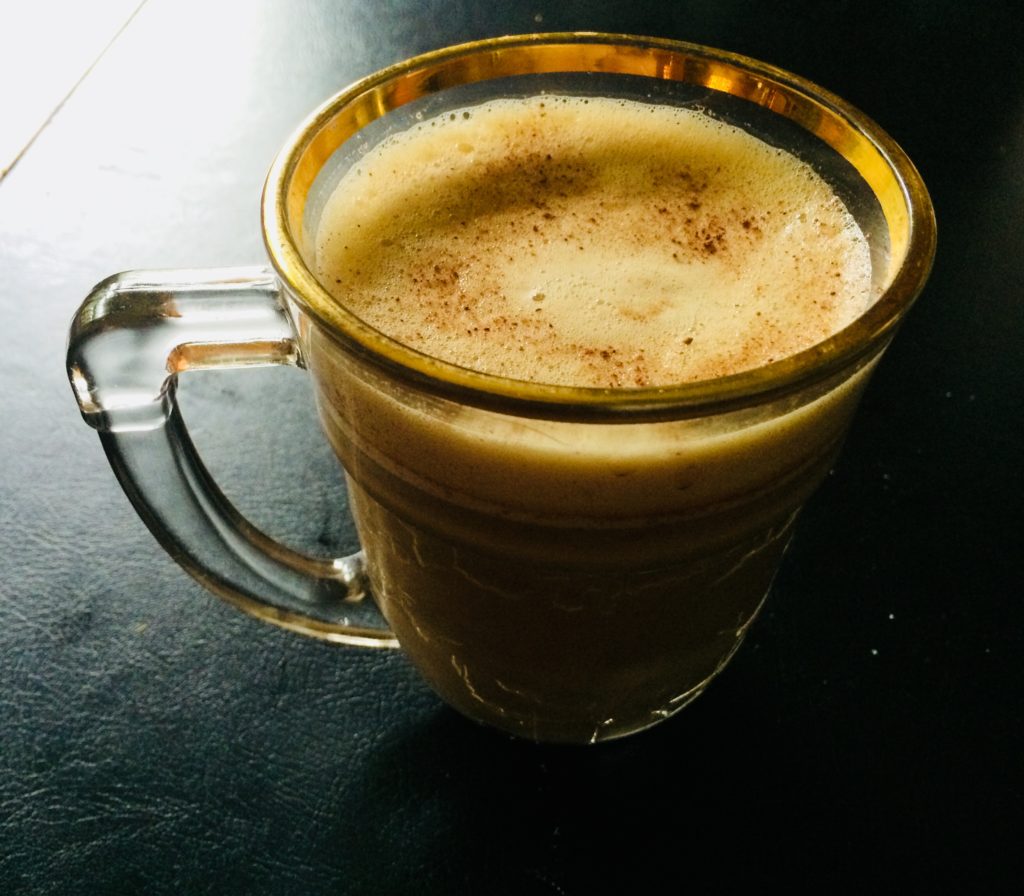What does it really mean to give the gift of health?
Meat and poultry come with all types of labels, some of which mean healthier, cleaner meat, and some of which mean next to nothing.
When you buy a chicken, duck, or turkey in the store that is labeled organic, cage-free, free range, or naturally raised, do you know what these labels mean?
—Organic means that the bird is fed organic feed, but it still lives its life inside, crammed together with other chickens.
—Cage-free birds also spend their entire lives inside, packed in next to other birds
—Free range birds’ lives aren’t much better… Free range means that they are essentially the same as cage-free but they have access to the outdoors… Usually a small door that leads to a concrete patio—although the birds are too cautious to venture outside where there’s no food.
—Naturally raised birds can be raised in any way imaginable. This label only sounds great, but means nothing at all.
The labels that do mean something are pasture raised, humanely raised and harvested, and truly free range—all phrases that describe the poultry that lives on our small farm. It’s important to keep in mind that these labels aren’t regulated so you always need to do your homework about what they mean to each farmer.
To us, pasture-raised means that once our chicks leave the brooder (the warm space that protects them when they are small babies), they live their lives on pasture and forage not just in plain grass, but among wild, native plants, fruit and nut trees, and in the woods. They don’t live in cramped tractors and have tons of space to run, hide, hunt, and rest—EVERYDAY. Our poultry has higher levels of micronutrients and omega-3s than birds raised in other ways, and a richer flavor.
To us, humanely raised and harvested means that our animals are treated with the utmost respect, and we process all of our birds (ourselves!) on our farm, outside, without added stress. This reflects in the quality of meat and the meat’s lasting quality.
Knowing what the food labels mean allows you to make an educated choice about how you’d like to feed your family and yourselves. This holiday, consider giving the gift of a KW Homestead gift certificate or Chicken CSA to those in your life who value health!
